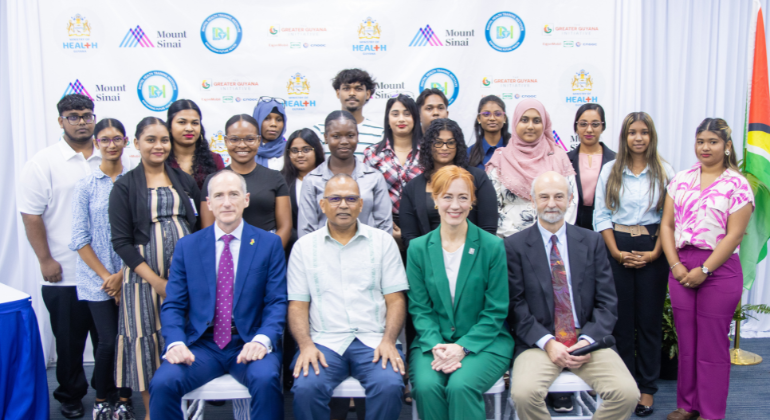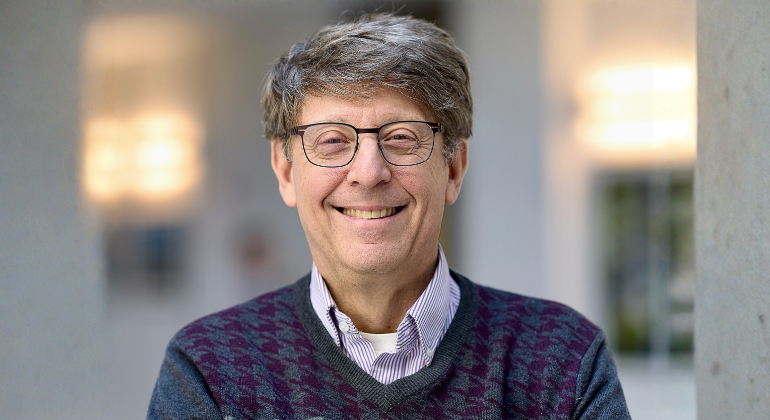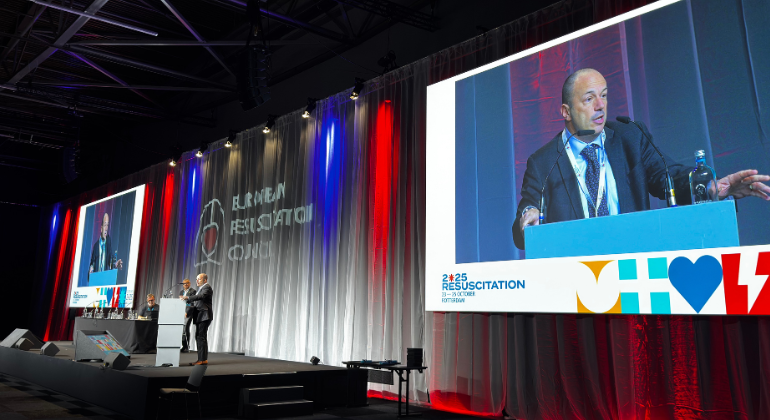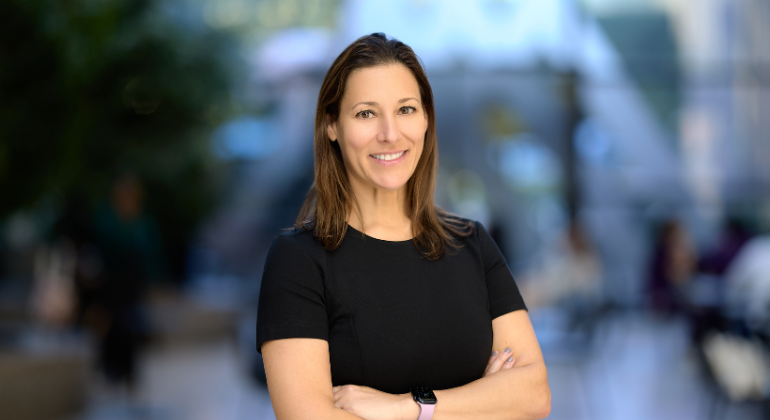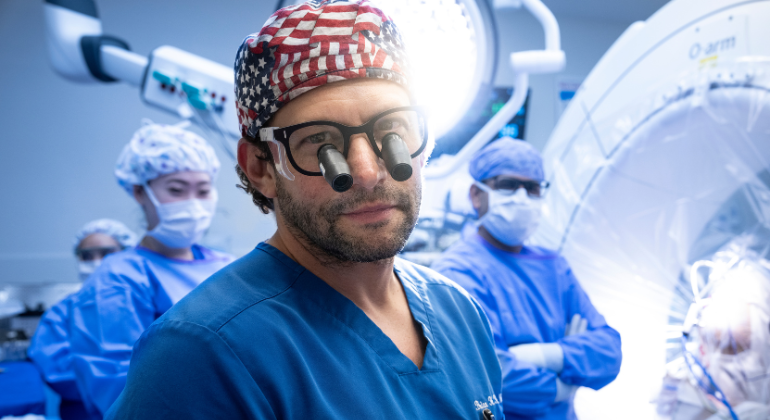Clipping Proteins that Package Genes May Limit Abnormal Cell Growth in Tumors
Changes to the structure of the protein histone H3.3 may play a key role in silencing genes that regulate cancer cell growth, according to a study led by researchers from the Icahn School of Medicine at Mount Sinai and published online this month in the journal Nature Communications. According to the authors, this is the first study to identify this protein as a key regulator in cellular senescence, a process in which cells stop multiplying.
Cellular senescence has garnered significant scientific interest of late because it may be one key to prevent the initiation of cancer. However, little is known about this process and how genes that enable cells to divide and multiply (the cell cycle) are turned off. A growing body of evidence suggests that the process of cellular senescence is driven by changes in the protein complexes called chromatin in the nuclei of cells.
Using models of senescence, researchers found that histone variant H3.3, a protein that works closely with chromatin to package and regulate genetic material within cells, and in particular its clipped form, help to silence target genes that regulate the cell cycle.
Could the presence of this protein stop cells from dividing? Indeed using genome-wide transcriptional profiling, the researchers revealed that expression of clipped H3.3 silences genes that regulate the division and duplication of a cell.
“Cellular senescence creates a chromatin environment that represses cell multiplication, and thus cell or tumor growth, but how this happens molecularly is what we sought to discover,” said lead investigator Emily Bernstein, PhD, Department of Oncological Sciences, Icahn School of Medicine at Mount Sinai. “What we found was that histone H3.3 and its clipped form, which lacks 21 amino acids of the histone tail and associated modifications, prevents normal cells from dividing. Clipped H3.3 may be a marker of cells that stop proliferating and has implications for cancer, in particular cancers like melanoma that have a senescence phase.”
This research was supported by a grant from the National Cancer Institute, University of Cambridge, Cancer Research UK, Hutchinson Whampoa and the Human Frontier Science Program, funds from The Ellison Medical Foundation, and a Developmental Research Pilot Project Program at Mount Sinai.
About the Tisch Cancer Institute
The Tisch Cancer Institute (TCI) is a world-class translational cancer institute established in December 2007. TCI has recruited more than 30 acclaimed physicians and researchers specializing in basic research, clinical research, and population science; built outstanding programs in solid tumor oncology; enhanced existing robust programs in hematological malignancies; and advanced the study of cancer immunology and vaccine therapy. The completion of the Leon and Norma Hess Center for Science and Medicine in 2012 is enabling the recruitment of up to 20 additional cancer researchers on two full research floors, with 48,000 square feet of space dedicated to cancer research.
To learn more about clinical trials at Mount Sinai, visit http://icahn.mssm.edu/research/clinical-trials.
About the Mount Sinai Health System
Mount Sinai Health System is one of the largest academic medical systems in the New York metro area, with 48,000 employees working across seven hospitals, more than 400 outpatient practices, more than 600 research and clinical labs, a school of nursing, and a leading school of medicine and graduate education. Mount Sinai advances health for all people, everywhere, by taking on the most complex health care challenges of our time—discovering and applying new scientific learning and knowledge; developing safer, more effective treatments; educating the next generation of medical leaders and innovators; and supporting local communities by delivering high-quality care to all who need it.
Through the integration of its hospitals, labs, and schools, Mount Sinai offers comprehensive health care solutions from birth through geriatrics, leveraging innovative approaches such as artificial intelligence and informatics while keeping patients’ medical and emotional needs at the center of all treatment. The Health System includes approximately 9,000 primary and specialty care physicians and 10 free-standing joint-venture centers throughout the five boroughs of New York City, Westchester, Long Island, and Florida. Hospitals within the System are consistently ranked by Newsweek’s® “The World’s Best Smart Hospitals, Best in State Hospitals, World Best Hospitals and Best Specialty Hospitals” and by U.S. News & World Report's® “Best Hospitals” and “Best Children’s Hospitals.” The Mount Sinai Hospital is on the U.S. News & World Report® “Best Hospitals” Honor Roll for 2025-2026.
For more information, visit https://www.mountsinai.org or find Mount Sinai on Facebook, Instagram, LinkedIn, X, and YouTube.

Mount Sinai Health System to Roll Out Microsoft Dragon Copilot
Nov 05, 2025 View All Press Releases
NIH Awards $10 Million for the New York Regional Diabetes Research Center
Oct 23, 2025 View All Press Releases